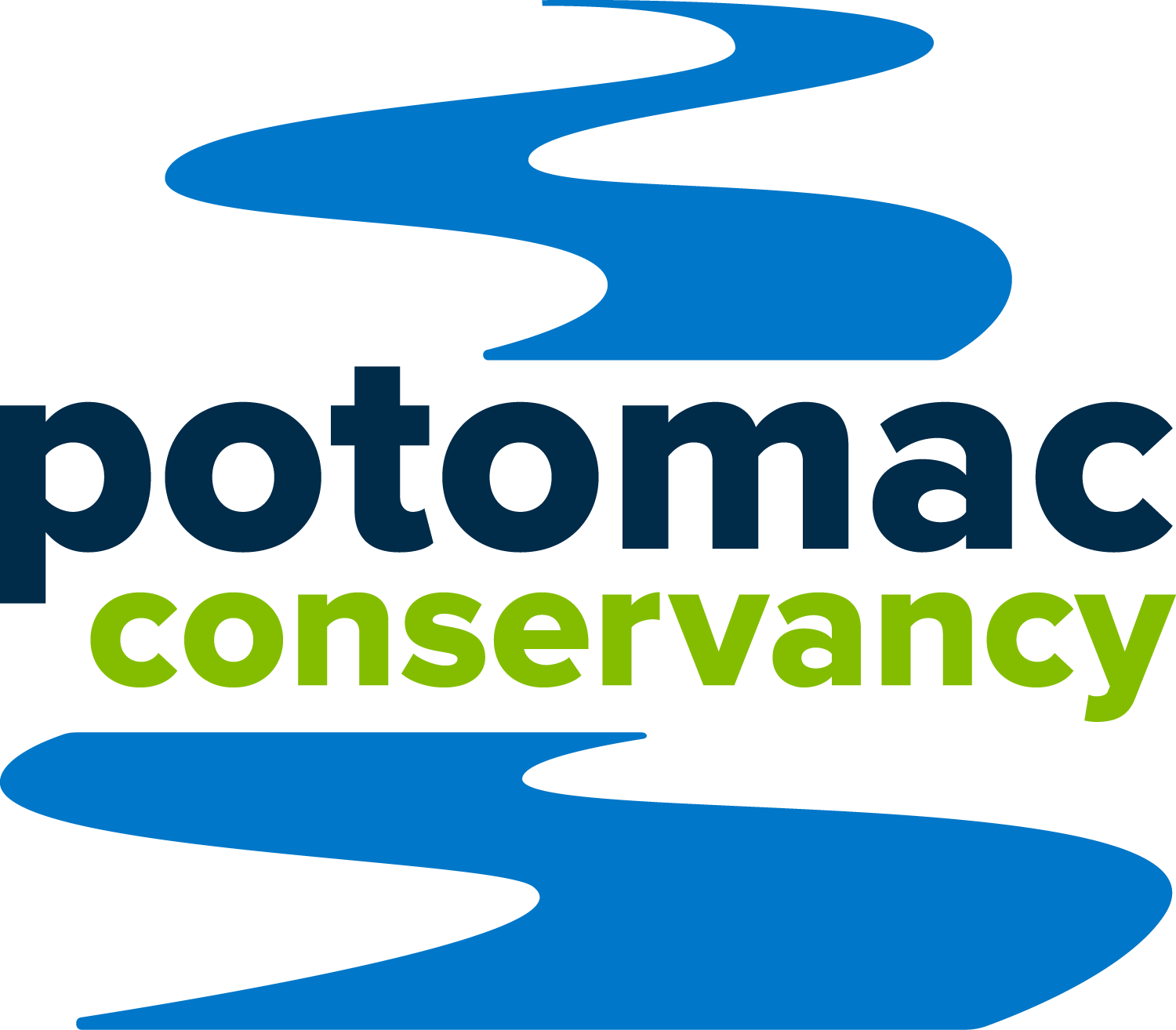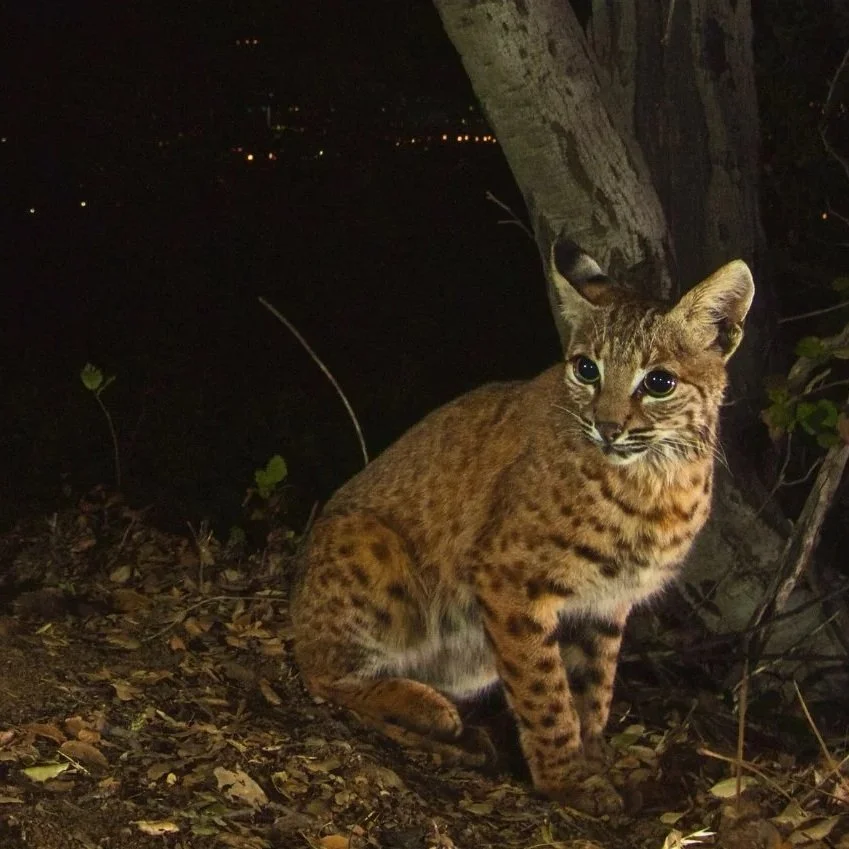What’s up(stream) with our conservation work? Discover where our “local” clean water strategy leads Potomac Conservancy
/A Day in the Life: Jeff Feaga, Stewardship Manager
Jeff’s research and conservation work led him to places around the world, including argentina. photo courtesy of jeff feaga
***This story is part of a series that offers a behind-the-scenes look at Potomac Conservancy’s amazing team of local clean water leaders. Meet your Potomac River defenders!***
Jeff Feaga (pronounced Figgy) is Potomac Conservancy’s Stewardship Manager. As a member of our Land team, his sole focus is on protecting streamside lands in the Potomac River’s headwaters region to ensure clean water, thriving ecosystems, and healthy communities along the entire river.
But why would we target specifically the headwaters region, you may ask? And what exactly do forest and agricultural land conservation have to do with the quality of the water we all drink?
Read on to see how conserving the Potomac River’s lands is a vital part of protecting clean water for all, how Jeff’s incredible work contributes to our progressive clean water goals, and what drives Jeff to work with and for nature every single day.
Gotta protect what you love
jeff with his spirit animal—a turtle! photo courtesy of jeff feaga
Hailing from Central Maryland, Jeff developed an interest in wetlands and streams as a young child.
One of his earliest memories involved seeing a large farm tractor stuck up to the hubs in a spring-fed wetland. One year later, little Jeff saw that same area excavated with all its spring water confined into a culvert to make room for new houses that were going to be built over the wetland.
Jeff solidified his interest in conserving water quality as an undergraduate student at Virginia Tech where he was tasked with capturing, identifying, and preserving a great collection of aquatic insects from various streams in three different states. Jeff found the diversity, resilience, and vulnerability of these insects to pollution quite fascinating. “The requirement of exploring novel places and getting in the water was also a great excuse to be outside and become a better fisherman,” he laughs.
These experiences left a significant mark on Jeff and ignited in him a lifelong interest in water ecosystems and aquatic animals.
Jeff set out to receive two graduate degrees in water resources engineering and wildlife science (he studied turtles as a doc-turtle student also at Virginia Tech!) and decided to pursue a career in environmental protection—ideally working outside, with water.
The art and science of land conservation
photo courtesy of jeff feaga
Needless to say, at the Conservancy, Jeff is out in the field a lot.
As a nationally accredited land trust, we work to make sure the Potomac River’s lands are as healthy as possible and permanently protected from the threat of suburban and exurban development which negatively impacts the river’s water quality. The effect is greatest in the upstream portion of the river because that’s where the water is cleanest.
“It is so much easier and definitely more cost-effective to prevent erosion and pollution from degrading clean waterways than to manage the harmful impacts of improper land use many miles downstream,” says Jeff.
And this is where private landowners come in! By choosing to place conservation easements on their riverside property and caring for them in a river-friendly way, they’re setting off a cascade of environmental impacts that benefit the entire region—forever.
photo courtesy of jeff feaga
Based in Shepherdstown, West Virginia, Jeff manages the nearly 80 conservation easements held by the Conservancy and provides local landowners with the one-on-one support they need to steward their properties in the best way possible. Our landowner partners harbor deep love for their lands and are passionate about keeping them healthy to protect water quality, wildlife habitat, and local culture and scenery.
“This is why an ongoing supportive relationship between us as a land trust and our landowners partners is critical for advancing the health of the river that sustains us all,” says Jeff.
One of the most sought-after services Jeff provides to landowners is advising them about what conservation programs are available to them and would best fit their needs. With a wide range of resources out there, streamlining information can be incredibly helpful in taking full advantage of local land protection options.
Relatedly, Jeff also frequently recommends forest and agricultural best management practices (BMPs) that can be implemented on private lands to further improve water quality in nearby streams. These include planting trees, promoting forestry practices that will ensure good regeneration, fencing off livestock, combating non-indigenous species, and so much more.
Maps and deeds are Jeff’s jam
photo courtesy of jeff feaga
So how does all this translate to a regular day’s work?
"My typical day starts somewhat like the Beatles’ song ‘Day in the Life’—but with getting my kids off to school instead of a commute to the office,” laughs Jeff, who mostly works from home but also frequently drops by the Conservancy’s office in Winchester, Virginia.
A small part of the day is spent on scheduling monitoring visits with landowners. “To be effective on a site visit, I need to have prepared maps and aerial photographs related to the easement property so that I can find my way through it—they can often be several hundred acres or more!”
Reading and understanding deeds of easement is another common task. Each conservation easement is unique, as is each family, and Jeff needs to be prepared to answer questions from landowners who are planning on building, farming, or timbering on their property.
jeff participating in potomac river snakehead research. photo courtesy of jeff feaga
But in order to restore the Potomac River to full health in our lifetime, we need to conserve more land, faster.
That’s why in addition to supporting existing landowner partners, Jeff actively builds relationships with landowners in Virginia and West Virginia who are only just considering placing a conservation easement on their property and are curious to learn more about the process’s lasting environmental benefits.
It’s probably no surprise that acquiring new easements and stewarding the existing ones requires extensive documentation, and with our recent transition to a new conservation software, Jeff now preps all of Potomac Conservancy’s easement records and mapping resources for this big step that will streamline landowner correspondence, manage site visits, and store all aerial photographs and GPS data.
(You know that feeling when you start using a new system that makes your life so. much. easier? Yep... that’s exactly how this major tech upgrade feels!)
Making the world a better place, one conservation easement at a time
jeff with his family. photo courtesy of jeff feaga
But make no mistake—it’s not just providing technical assistance to landowners and geeking out on land conservation paperwork that fills Jeff’s cup every day! The driving force behind his incredibly impactful work is his deep love for our region’s diversity of people and landscapes.
“Land, water, and wildlife conservation is something that unites people throughout the Potomac River region regardless of their differences. I work with private landowners who strive to make a living on their land but also choose to make legally binding decisions about their property that benefit their neighbors downstream, and, ultimately, everyone in the Potomac River watershed. That’s something worthy of respect.”
The variety of tasks and experiences that his job offers is another thing that makes Jeff tick. “Getting to know so many different parts of the Potomac River watershed in three different states through my frequent site visits and landowner conversations makes me feel like I’m part of something much greater than what I can achieve in my office alone. Being a Stewardship Manager requires great technical skills as well as strong communication, organization, and common sense!”













